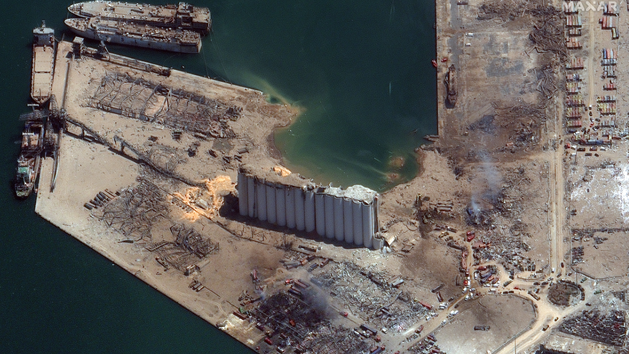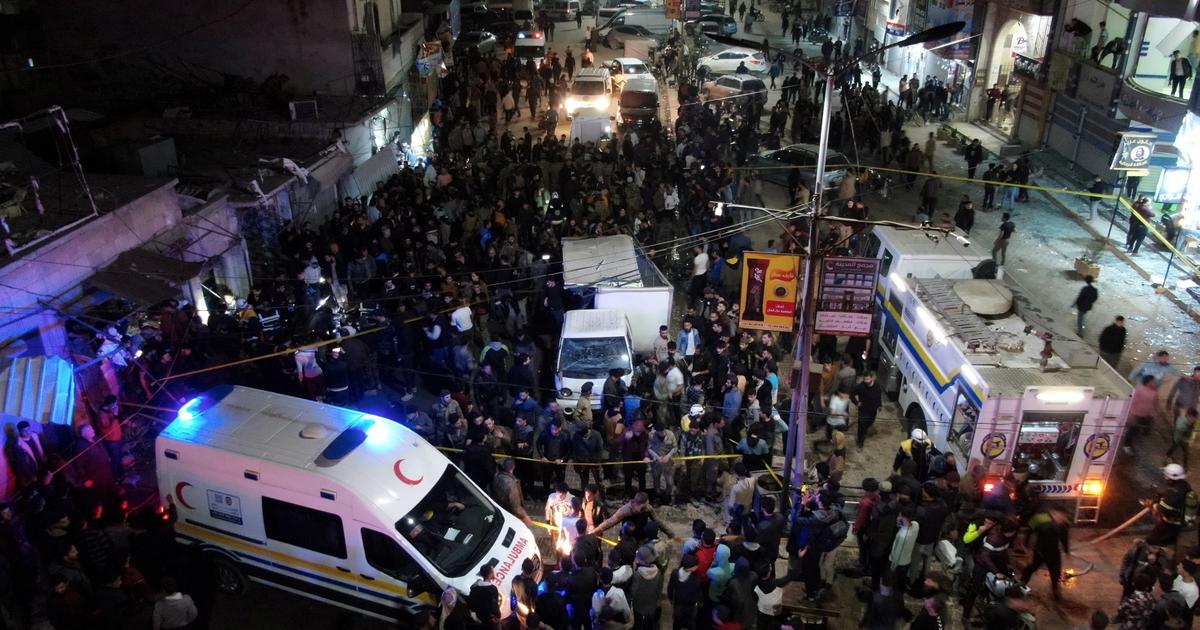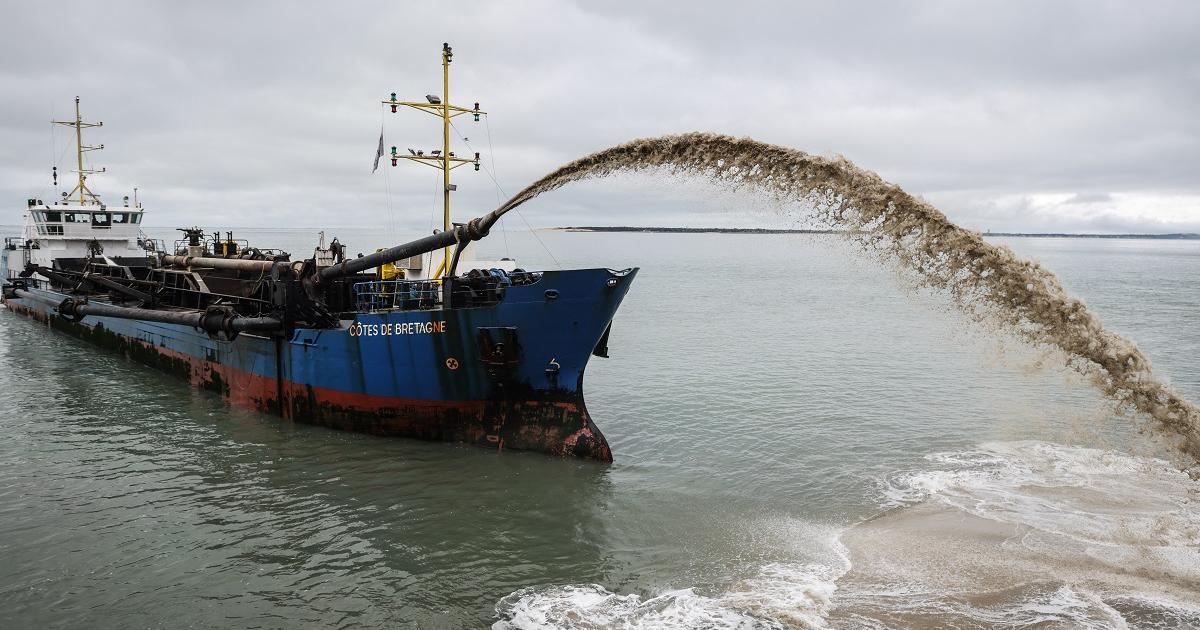The boat that carried the cargo behind the tragic explosion that destroyed the port of the Lebanese capital, left 137 dead and 5,000 injured, should never have stopped in Beirut.
Read also: How much time and money will it take to rebuild Beirut?
The Rhosus - that's its name - made a stopover in the Lebanese capital in September 2013 due to technical problems. This vessel flying the Moldovan flag was to reach Mozambique from Georgia. In its holds, 2,750 tons of ammonium nitrate. A white, odorless salt, used as the base of many fertilizers but also, sometimes, explosives.
The Rhosus finally never left the port of Beirut: it was forbidden to go to sea after an inspection. It was later abandoned by its owner, a Russian citizen living in Cyprus. Igor Grechushkian declared the bankruptcy of this boat, report several Russian media. Her crew would have remained on board for several months before the cargo of ammonium nitrate was finally unloaded. The tonnes of product were then stored in warehouses at the Port of Beirut.
The ammonium nitrate was " in hangar 12 of the port ", even specifies Badri Daher, director of Customs in Lebanon, with L'Orient-Le Jour , before explaining: there was " a fire warehouse. 'firework ' right next door. The exact conditions of the explosion are not known, but it could have been triggered by ongoing renovations in the port.
Dead letter
Justice would have been alerted several times to the dangerousness of this load, in vain, explains the director of Customs. In 2014, Mikhail Voytenko, a Russian maritime traffic expert, warned: the Rhosus was a “ floating bomb ”. The director of customs at the time, Shafik Merhi, asked that same year for help to secure the storage of the cargo in a letter stressing an "emergency" situation. According to Al-Jazeera, he then sent five more missives in the following years. Three options are available: export the goods, hand them over to the army or sell them to a private Lebanese company. These letters to judges have gone unheeded, and none of the options offered to manage the merchandise have been implemented. The ammonium nitrate remained in the warehouse at the Port of Beirut until this double explosion on August 4.
“ There are a lot of rules to follow when storing explosives like ammonium nitrate. But they [the Lebanese authorities] simply put them in a warehouse, and forgot them, ”points out Mikhail Voytenko to the American media The Daily Beast.
Read also: Beirut: three infographics to visualize the scale of the disaster
The port of Beirut, nicknamed “ the Cave of Ali Baba and the Forty Thieves ” because of suspicions of corruption which weighed on its management, is managed by the public authorities. The new Lebanese prime minister, faced with a population who immediately expressed their anger and distrust of the authorities, promised that " all those responsible for this disaster will pay the price ".














